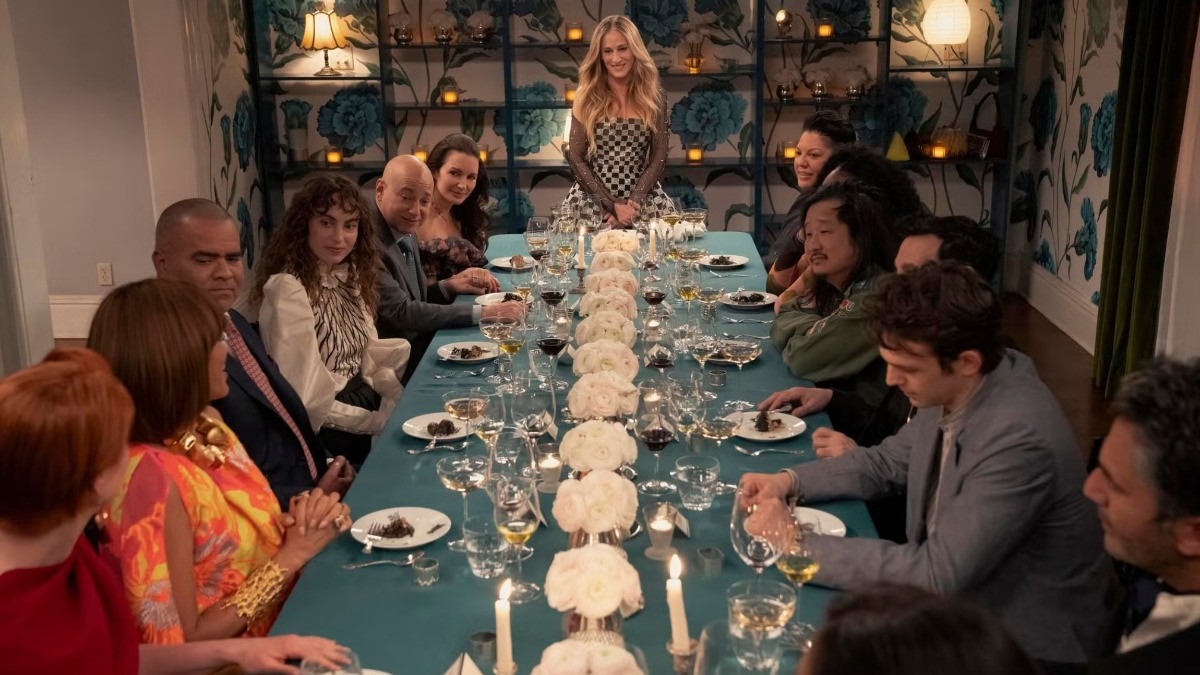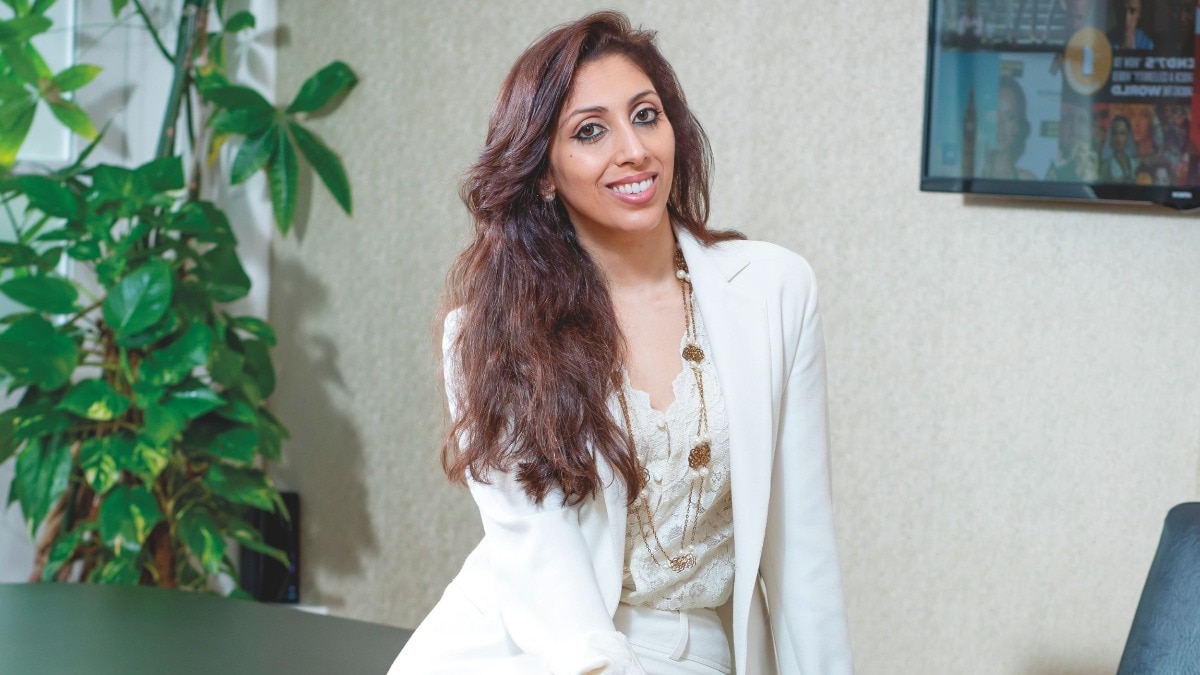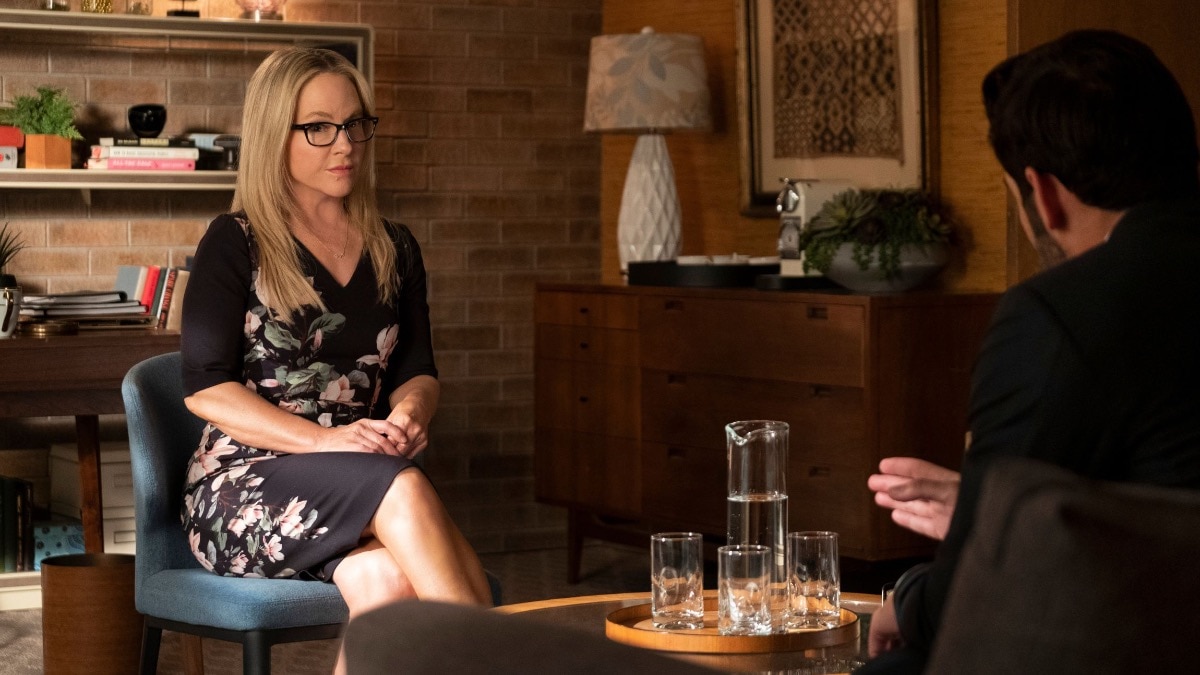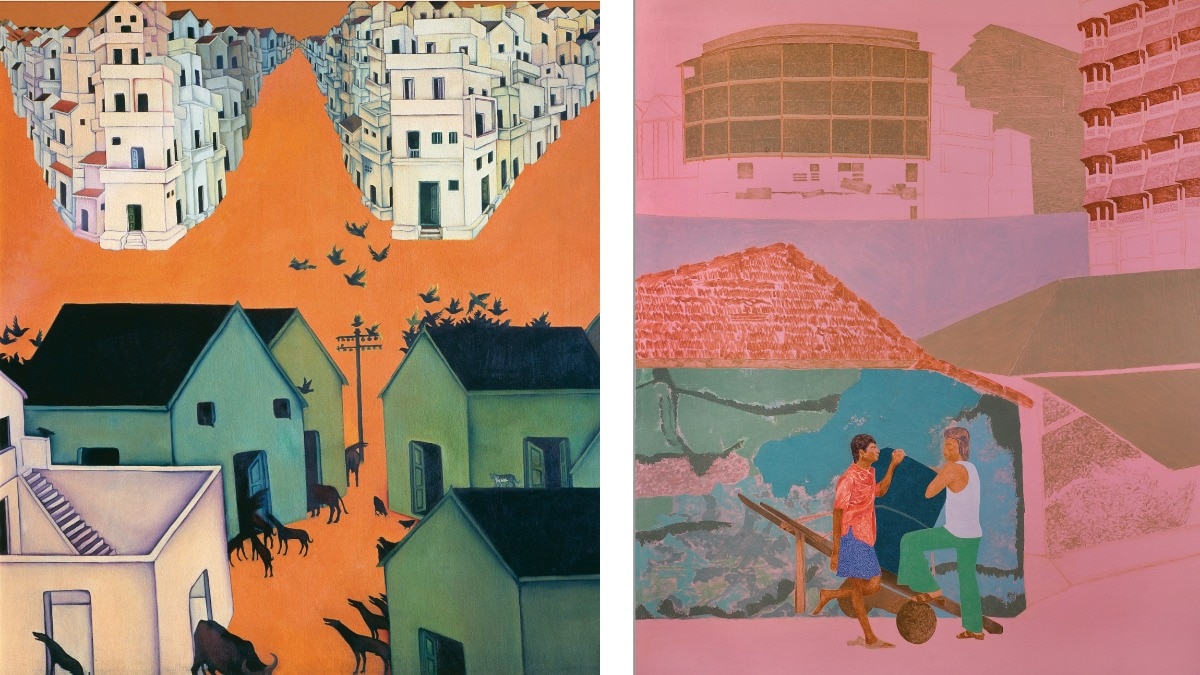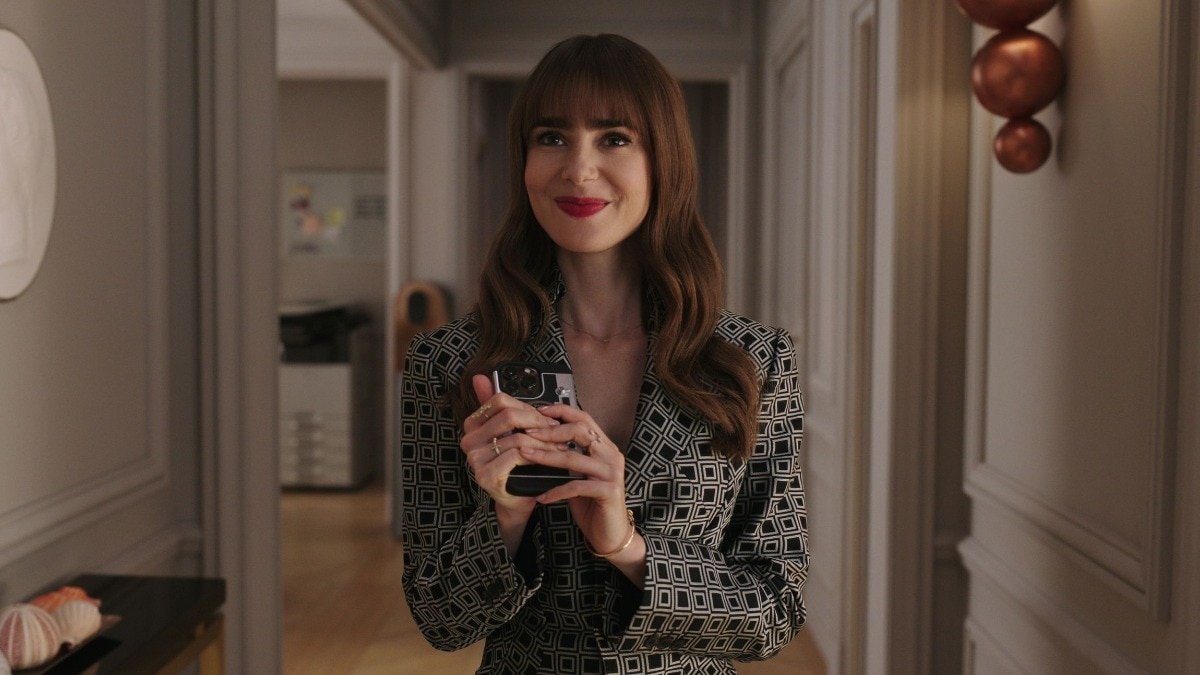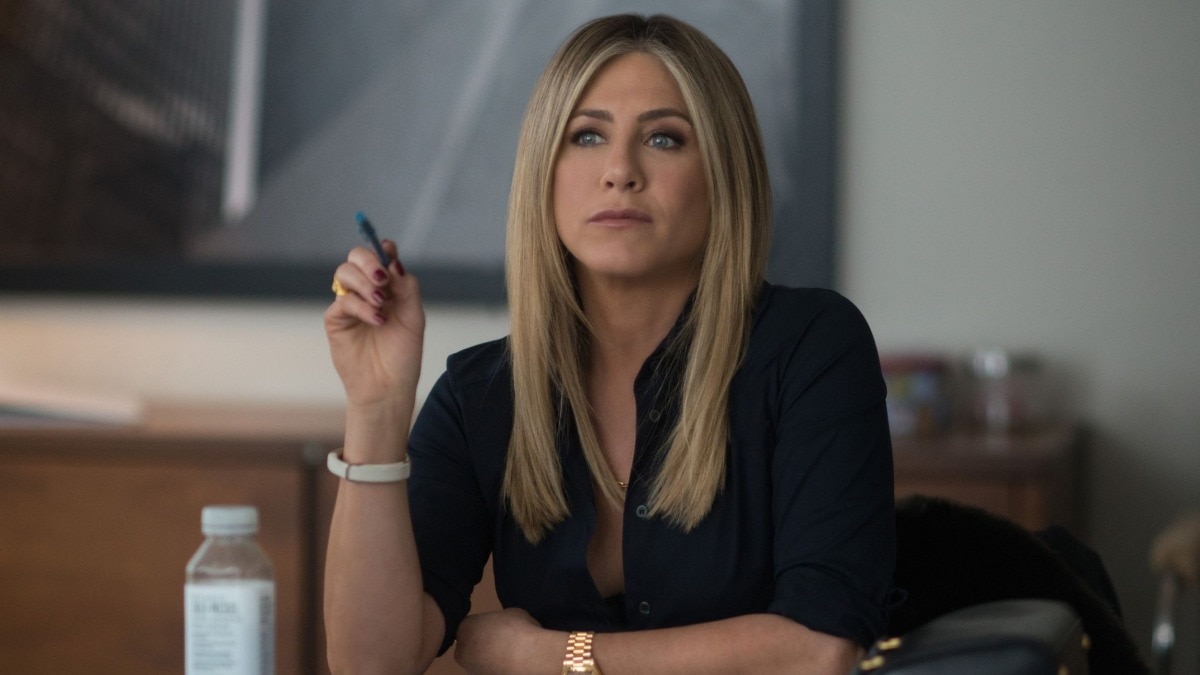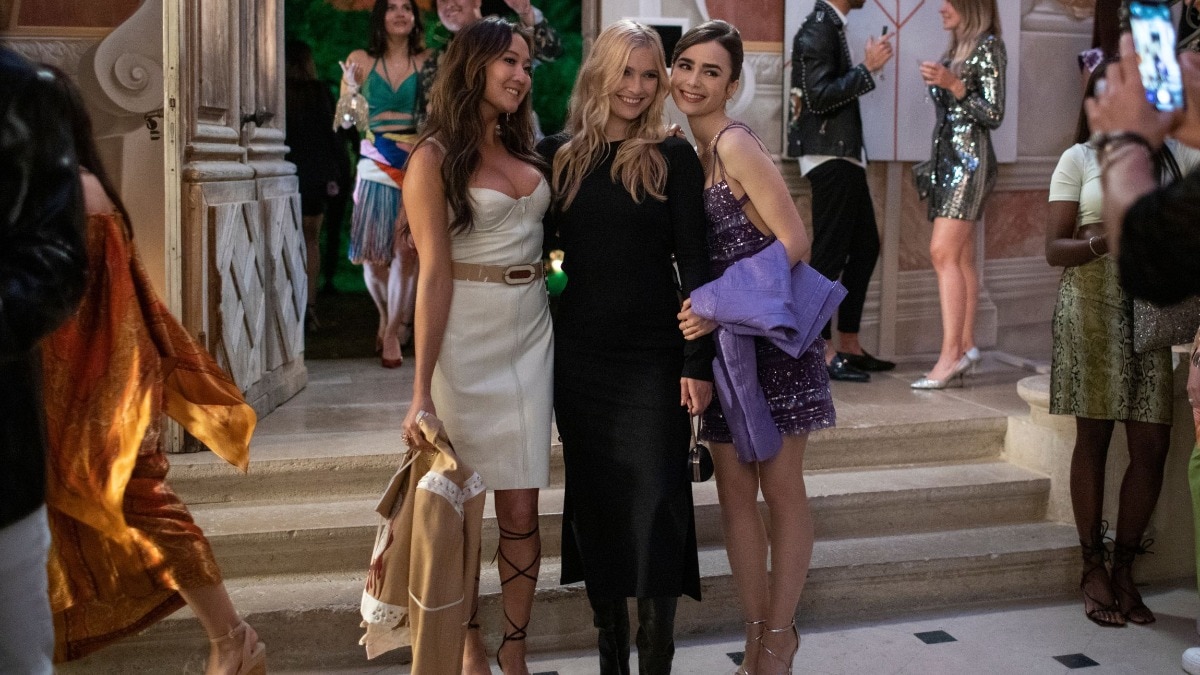
Hair can make or break a pop star
What does hair have to do with music? Everything. Here, architects of pop-star hair reveal how a defining look can inspire fanatic devotion.


It’s often said that if you can identify a person’s silhouette by his or her hair, that’s the mark of a true idol. Would Elvis have been Elvis without his pompadour? What about Tina Turner and her spiky volume? Would Lady Gaga have taken off without her hair bow? A signature hairstyle can help take a pop artist from one-hit wonder to certified icon.
Think of Ariana Grande’s high ponytail, Billie Eilish’s two-toned dye jobs, Dolly Parton’s sky-high bouffant wigs, and Cher’s waist-grazing mane; a signature style can make a lasting impact. Diana Ross, whose career has spanned more than 60 years, still does her own voluminous curls and makeup, and was on the beauty mood board for the Marc Jacobs Spring 2024 show. “I could be playing charades with people, and I could make a motion where I’m pretending to bounce invisible hair, and people would recognize Diana Ross,” says Los Angeles–based hairstylist Clayton Hawkins, who works with Olivia Rodrigo. “If I pretend to flick my hair and lick my lips, people will know that I’m Cher.”
Personality, charisma, and musical earworms may give pop stars longevity, but their hair can turn them into a bona fide brand. Rihanna, founder of the wildly successful Fenty Beauty and Fenty Skin, launched Fenty Hair this summer. Beyoncé launched her very own hair-care line, Cécred, in February.
A pink wig (à la Lil’ Kim and Nicki Minaj) or larger-than-life volume (recall Miley Cyrus’s sky-high hair at the 2024 Grammys) can often outshine even the most daring dress. “Hair is the number-one dictation of image, because you have this understanding that hair is the fabric that actually is attached to ourselves; it’s a part of who we are,” says New York–based hairstylist Bob Recine. Recine, who is also a visual artist, worked with Lady Gaga during the formative years of her career and with Miley Cyrus for the past eight years. “It’s the very first thing that I think emotionally touches a person: when they see a person’s hair.”Recine posits that the word pop doesn’t have to do with music—it has to do with art—and the pop star who gets how hair plays into identity can remain relevant. “Pop stars have all these eras or albums in which they project imagery,” says Recine. “They understand the power of something other than what you hear, the visuality of it. It is something that a very dedicated pop star actually spends time on.”
Wigs, extensions, and access to the world’s best stylists let pop stars change their hair on a whim—but it’s not always well received. New York–based hairstylist Yusef is known for his experimental looks on Rihanna, which have earned him both acclaim and, he says, “death threats” on Instagram from critical fans. He says he first fell in love with pop stars and hair after seeing Janet Jackson’s shag in the video for “The Pleasure Principle.” He recalls, “I loved her Black-girl-ness about her hair. You never saw a Black woman with that much movement.” His relationship with Rihanna is built on mutual trust—and the magic of confidence. “I work with a lot of artists, and I tell them, ‘If you want to be adventurous and try different looks, you have to own it—because that’s what the fans are looking for,’ ” he says. “With Ri, she just owns every look and makes it hers. She makes girls feel like they can try anything if they carry themselves that way too.”

The pop personas of artists like Jackson, Madonna, Rihanna, Cher, and Gaga are so established, they can get away with hair evolutions in a way many of their contemporaries cannot, says Hawkins. “Madonna is the blueprint for how she has transformed her looks,” he adds. “People thought, ‘You constantly have to reinvent yourself and your hair to keep people interested.’ When other people have tried to reinvent themselves, it doesn’t work.”
That’s because updating your image is risky: A haircut can make or break an album cycle. It can announce a rebirth, as with Cyrus’s cropped blonde pixie in 2012. Some fans to this day credit Katy Perry’s version of the Cyrus pixie as the reason her 2017 album Witness didn’t live up to expectations; not all cuts yield the same result. When Britney Spears ditched her sun-streaked blond for a sultry chocolate brown while recording Blackout, it became fodder for public scrutiny. She would later reveal in her memoir, The Woman in Me, that the obsession with her image led her to shave her head in February 2007.
Some would argue that you don’t have to update your image at all to make and retain influence. Take Taylor Swift. She tends to stick to a signature style. It has matured since she first appeared in 2006, but over the span of the past 18 years, she’s gone from curls to a bob to long with bangs—plus a very short-lived bleached-blonde moment. She rarely experiments beyond her ash blonde.

“I think transformation is a case-by-case situation,” says Yusef. “When you think about Amy Winehouse, she had an aesthetic, so it worked. I never wanted to see her with a middle part and straight hair. Certain people are locked into their look. For pop stars, it’s important not to just reinvent but to evolve.”
Beyoncé has changed her hairstyle countless times over the past 25 years, but the look that she’ll go into the history books with is her signature honey-blonde hue. Blonde is a staple for Beyoncé; you can look up photos of her in Destiny’s Child with the shade. And now she’s been sporting platinum blonde with the release of Cowboy Carter. When you think of her, you likely think of her as a blonde, as if it’s her natural color.
“If you look back, not many women of color were blonde, and they weren’t golden honey blonde,” says Hawkins. “You look at all the movie stars and all the Black female singers of the past—you had Tina Turner, who had highlights—but a blonde Black woman? That is Beyoncé’s look. I think that impact is pretty huge.”
At the end of the day, the album can be Grammy-nominated, with songs that dominate TikTok, but the hair provides one of the most crucial parts of the pop star’s identity. “When you’re performing onstage as a pop star, hair is part of the choreography,” says Hawkins. “Makeup is beautiful and important, but you can’t whip your makeup for dramatic effect.”
This article first appeared in harpersbazaar.com in August 2024.
All images: Getty
Also read: Chappell Roan’s tour wardrobe is a case study in how to build a pop star
Also read: Lady Gaga and Bruno Mars team up to drop ‘Die with a Smile’

